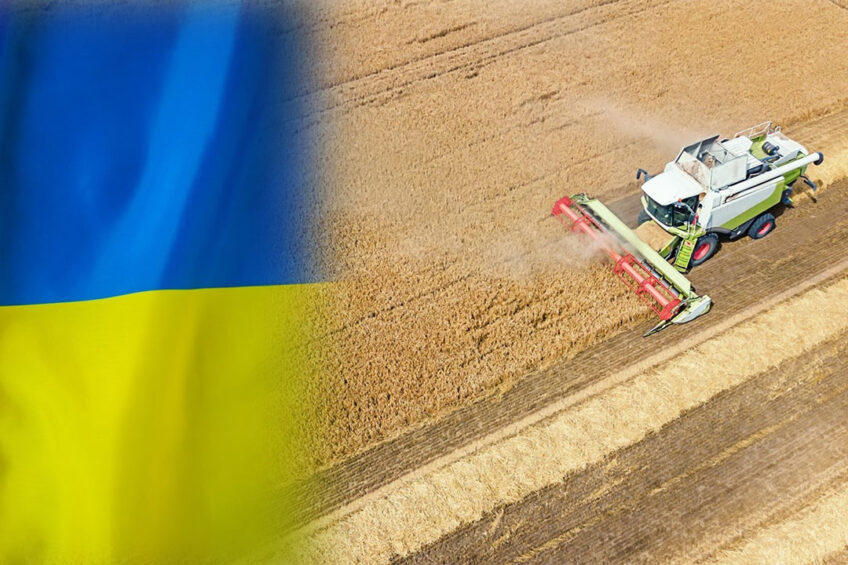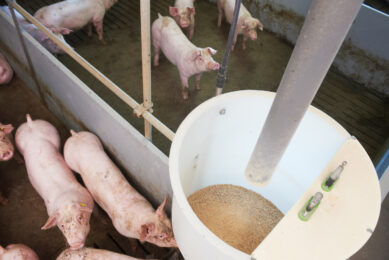Ukraine crisis: EU proposals to mitigate feed grain supply disruption

The European Union will reportedly consider allowing farmers to use fallow land to grow protein crops for poultry and livestock feed. This is intended to help offset the disruption to supply following the Russian invasion of Ukraine, reports Reuters.
Ukraine and Russia are 2 of the world’s largest grain exporters. However, following Russia’s invasion of Ukraine, European wheat prices have reached record highs and there has been a disruption to the supply of grains.
Russian invasion of Ukraine will have lasting effects on grain supply
French cooperative group, InVivo, is one of Europe’s largest agricultural firms. CE of the group, Thierry Blandinieres, said that the ongoing conflict could have lasting effects on Ukraine’s grain supply, with some estimates suggesting the country’s wheat output could drop by at least half and leave the world market short of 20 million tonnes of wheat.
“We’re asking for the production potential of the European Union to be unleashed,” said Blandinieres.
Trading firms have been seeking EU grain, wheat and corn to replace Ukrainian supplies for export, reports Reuters, but the EU is also reliant on imports of corn and sunflower seed for livestock feed.
Using set-aside land for growing protein crops
“A number of member states suggested that we could perhaps use set-aside land for growing protein crops,” said French Agriculture Minister, Julien Denormandie.
The European Commission will explore options, which would modify EU farm policy rules on preserving soils and biodiversity. Proposals will be presented at an upcoming ministers’ meeting later this month (21 March).
Potential to increase cultivated area by 10-15%
InVivo said a waiving of set-aside rules under the EU’s Common Agricultural Policy has the potential to increase cultivated area by 10-15% and boost EU wheat output. Financial support, however, is necessary to compensate for soaring fertiliser prices for EU farmers to expand crop production.
Reuters added that Janusz Wojciechowski, EU Agriculture Commissioner, said that the EU will also study relief measures for the pig and poultry sectors, and will discuss with international organisations humanitarian aid for Ukraine and the needs of countries that usually rely on Ukraine for food commodities.











